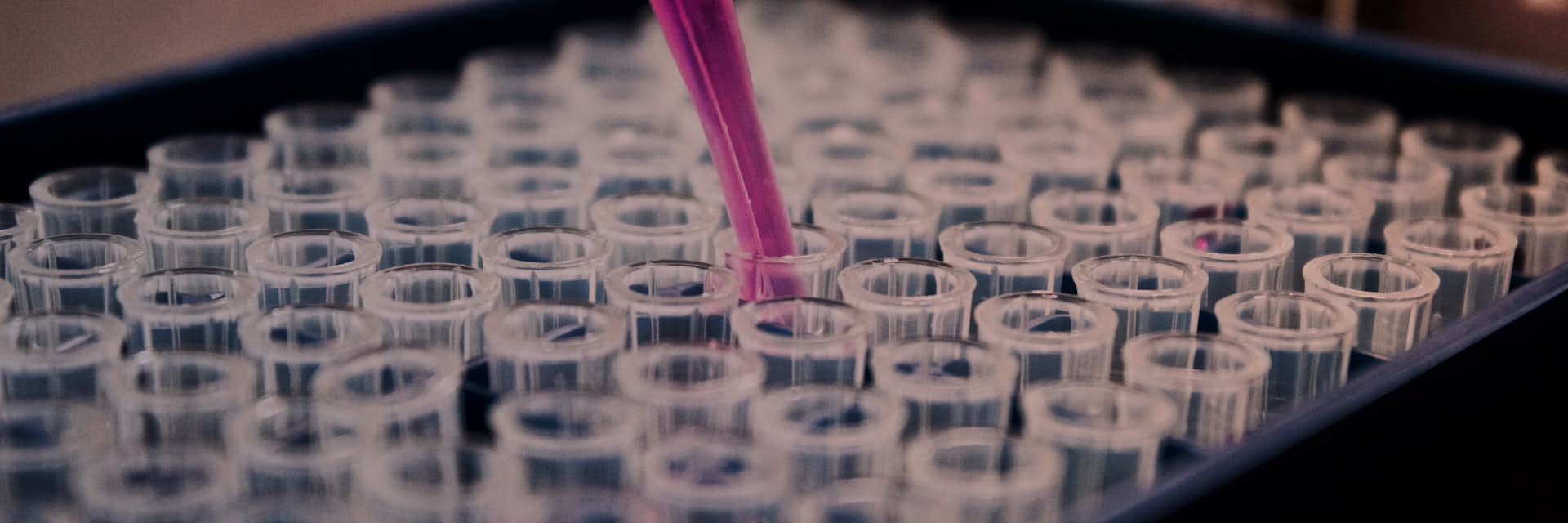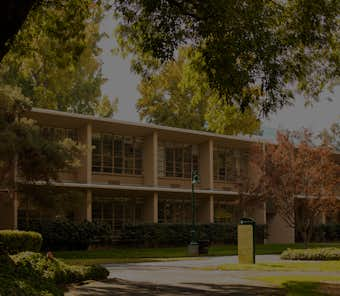
Study cellular biology abroad
Find programs that match your eligibility and aspirations then apply with reduced application fees, a free assessment and access to a dedicated advisor.
Find your perfect cellular biology programs abroad
Find cellular biology programs you love that match your needs & aspirations, where you stand a high chance of acceptance.
-

PhD programs in
cellular biologyNo programs listed
Cellular Biology degrees abroad
Cellular biology is a branch of biological science that examines the structure and function of cells in animals, plants, and microbes.
As well as learning about the lifecycle of individual cells and the crucial processes they perform, you’ll see how they work together to form tissues and embryos. You’ll understand the roles of cells in ill-health, and look into groundbreaking research that aims to fight diseases like cancer, Alzheimer’s, and diabetes.
Studying cellular biology abroad will put you at the forefront of international research and discussion in the field. You’ll meet world-leading professors, learn in cutting-edge facilities, and make memories to last a lifetime.

Why use Studee?
-
Find your ideal program
Filter 10,000s of programs down to a shortlist perfect for you, where you have a strong chance of getting admitted
-
Apply online via Studee
Complete our application form and enjoy reduced application fees and access to unique Studee scholarships for many universities
-
We assess within 48hrs
We complete an 85-point assessment within 2 business days, help you with improvements then submit to your university
-
University offer in 2-4 weeks
We chase the university for your admission decision and keep you updated. We all celebrate your admission!
All our services are 100% free as we're funded by universities. You pay deposits and tuition fees directly to the university.

Cellular Biology program structure
Bachelor’s degrees in cellular biology require at least three years of full-time study. Most programs allow you to take a placement year, but this will increase your total course length to four years. Completing a placement is a worthwhile experience where you’ll build your professional skills and connections.
If you choose to study as an undergraduate in the US, your degree will take four years to finish. Before focusing on your cellular biology major, you’ll need to complete two years of liberal arts classes.
If you’re hoping to begin a career in academic research or the biosciences industry, you’ll likely need a postgraduate qualification. Master’s degrees are generally taken over one or two years, depending on where you study and whether you’re a part or full-time student. It will take around another five years to earn a PhD.
Lectures, seminars, tutorials, workshops, laboratories, and fieldwork trips are the most common teaching methods on cellular biology courses. You’ll mainly be assessed through written and practical exams, but lab reports and research projects are common too.
Every university offers a different mixture of elective modules for students to choose from. However, most institutions deliver core units in the following fundamentals:
- Cellular and cellular biology
- Cell structure and function
- Cell metabolism
- Biochemistry
- Genetics, evolution, and development
- Microbiology
- Animal and plant biology
- Laboratory and professional skills for bioscientists
Best countries to study cellular biology
Cellular Biology study abroad programs
Cellular biology undergraduate programs
Bachelor's in cellular biology
-
Biology: Molecular & Cellular Biology - BSc Florida A&M University, USA
- Program type
- Bachelor's
- Duration
- 4 years
- Annual tuition fee
-
17,940 USD
Fees are displayed in the university's local currency
- Start date
- January, May, August
-

Molecular and Cellular Biology - BSc Massey University, New Zealand
- Program type
- Bachelor's
- Duration
- 3 years
- Annual tuition fee
-
33,770 NZD
Fees are displayed in the university's local currency
- Start date
- November, February, July
-
Molecular and Cellular Biology - BS Rowan University, USA
- Program type
- Bachelor's
- Duration
- 4 years
- Annual tuition fee
-
25,564 USD
Fees are displayed in the university's local currency
- Start date
- January, September
-
Molecular and Cellular Biology - BSc University of Central Florida, USA
- Program type
- Bachelor's
- Duration
- 4 years
- Annual tuition fee
-
22,468 USD
Fees are displayed in the university's local currency
- Start date
- January, May
Cellular biology graduate programs
Master's in cellular biology
-
Biological Sciences: Molecular and Cellular Biology - MA/MSc California State University, Sacramento, USA
- Program type
- Master's
- Duration
- 2 years
- Annual tuition fee
-
15,800 USD
Fees are displayed in the university's local currency
- Start date
- January, August
Future cellular biology careers
Your degree in cellular biology will open up several esteemed and rewarding career opportunities. Government departments, research institutions, universities, and pharmaceutical companies will be eager to snap up your technical and analytical skills.
You could take your career in numerous directions, but here are some popular professions you might be interested in:
- Molecular biologist
- Biochemist
- Clinical research associate
- Toxicologist
- Epidemiologist
- Pharmaceutical researcher
- Geneticist
- Forensic scientist
Most universities have their own employability office, so you can receive career advice that’s free and personalized. It’s worth scheduling an appointment if you’d like to discuss your ambitions, job prospects, or work experience opportunities.














